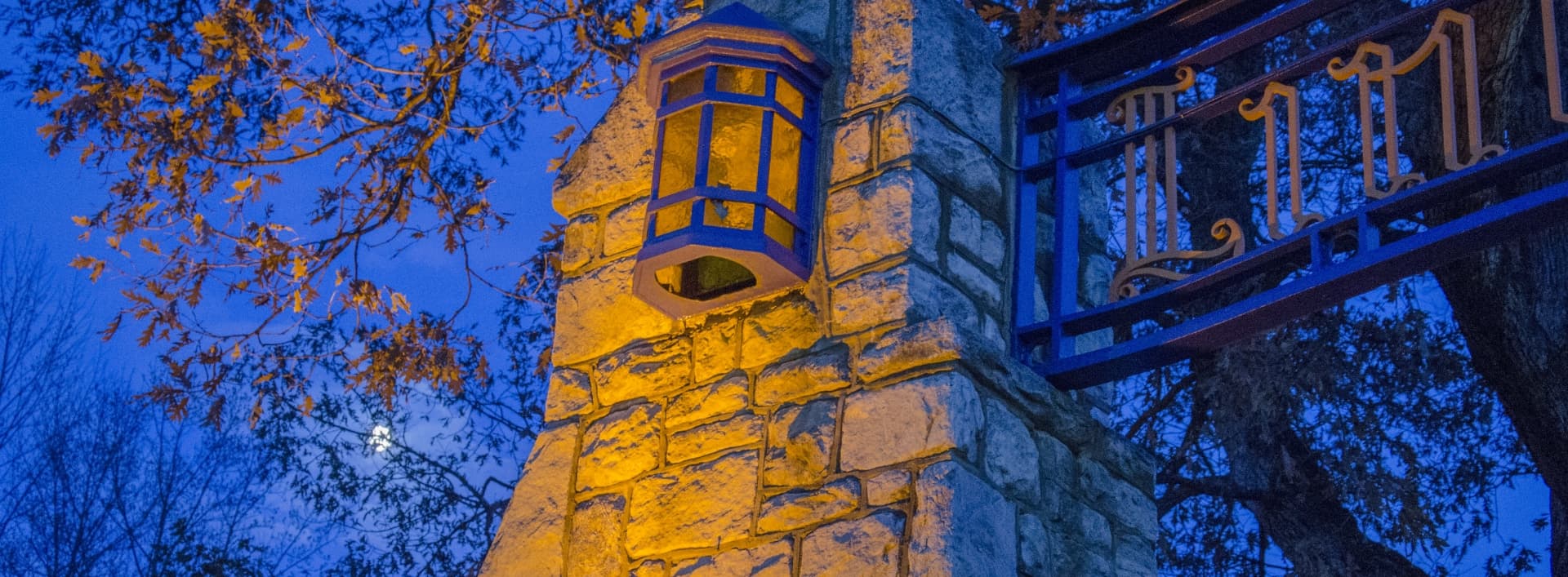
Strategic Plan, Theme Two: Enhance Academic Quality and Achieve Operational Excellence
When we describe faculty members at Lincoln University, we sometimes use “teacher,” “scholar,” or “practitioner” interchangeably. Despite a heavy teaching load, we appreciate and respect the range and diversity of the scholarly activities of our faculty members. For example, we expect our faculty to have a high level of expertise. We expect them to break new ground. We expect that their activity can be replicated and their results documented. We want their work to have an impact.
All of these expectations that we place on our faculty are examples of “scholarship,” which means “contributing to a body of knowledge.”
Lincoln University’s faculty members produce scholarship in four areas—or typologies—as defined by researcher Ernest Boyer:
Lincoln University’s unwavering commitment to creating and sustaining a University culture of broad engagement—inclusive of faculty, students, staff, and administrators—in research and related scholarly activities is evident in the investments made in the Office of Research & Sponsored Programs and the Center for Undergraduate Research. These two offices provide high quality technical and administrative support to enhance the effectiveness of engagement in research and creative pursuits.
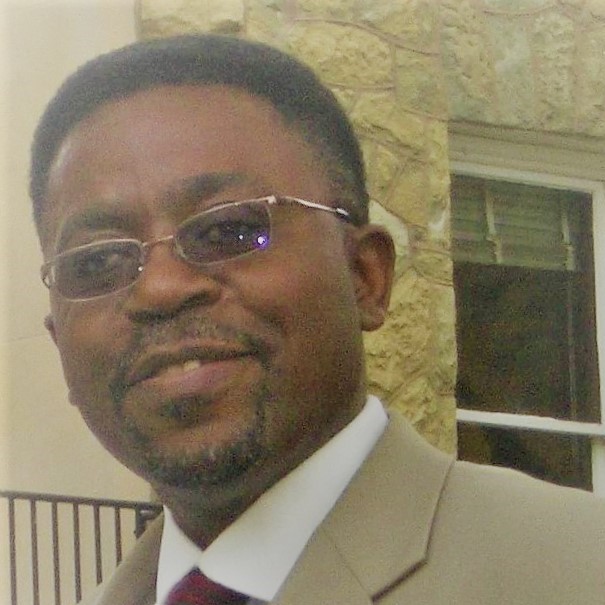 |
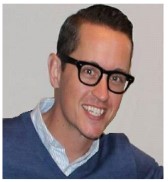 |
| Michael E. Ayewoh, Ph.D., CALD, Chief Research & Sponsored Programs Officer | Michael Lynch, Ph.D., Director, Center for Undergraduate Research |
In 2018, Lincoln University launched the Strategic Plan “Reimagining the Legacy: Learn. Liberate. Lead.” with a focus on student success through reinvestment in our roots as a liberal arts institution. Our liberal arts approach focuses on active and collaborative learning using high impact practices. Active and collaborative learning requires both engaged faculty and students. Faculty scholarship strengthens their teaching and creates opportunities for students to apply what they are learning in the classroom to real-world problems. Through myriad strategic partnerships, Lincoln works with local, regional, national, and international partners to conduct research, solve community problems, and contribute to the cultural life of the community.
In this edition, you will hear from three faculty members who have experienced more engaged students and improved teaching skills as a result of their pursuit of scholarship and active research projects.
Neuroscience; Department of Biology
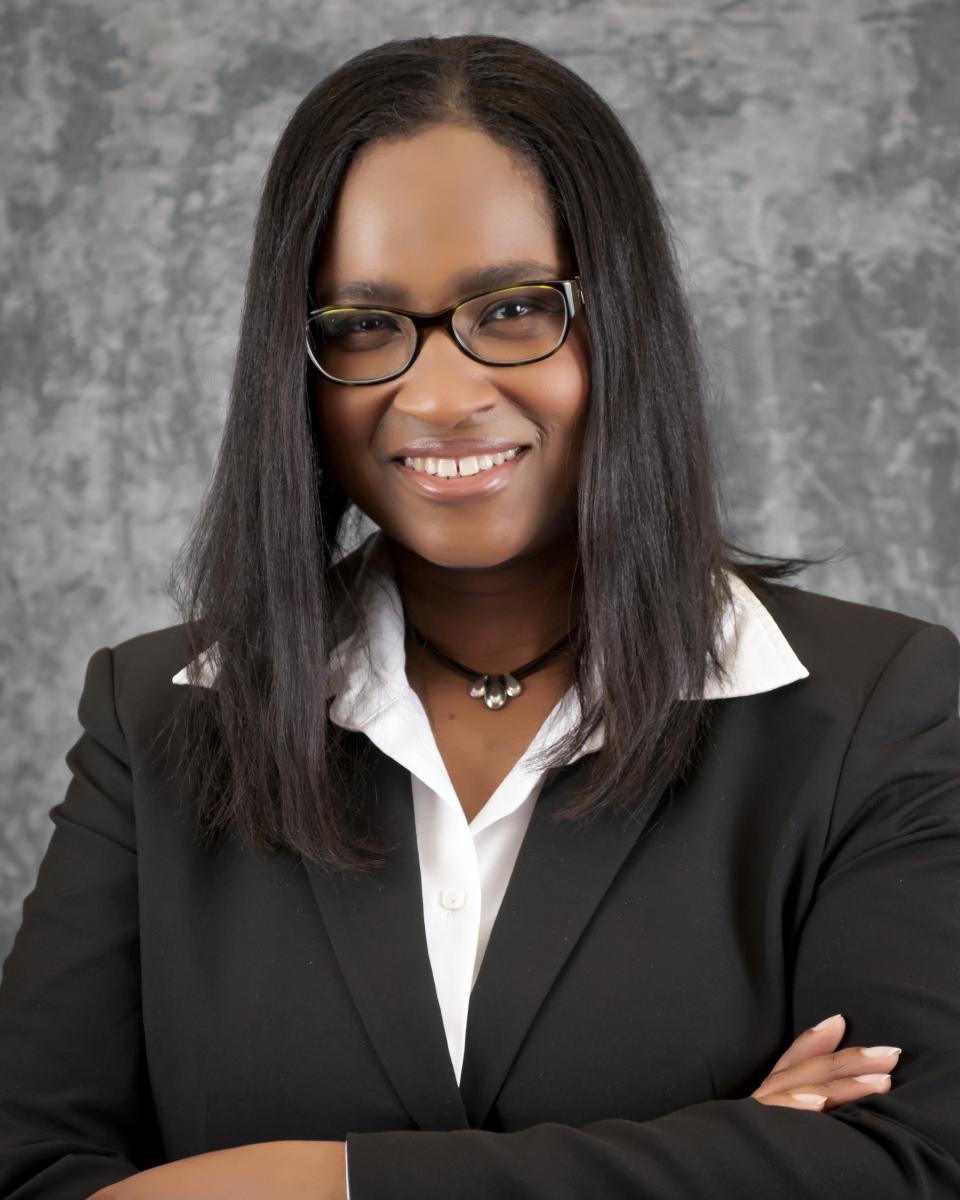 |
|
Karen Baskerville, Ph.D., Professor of Neuroscience |
Q: Which of the above typologies in Ernest Boyer’s model of scholarship describe your research activities?
All of the typologies are involved in my research activities, but some stand out more. As a neuroscientist, I am inherently an interdisciplinarian, so the Scholarship of Integration comes naturally for me; I love both discovery and integration both in the research laboratory and in teaching. For example, in my research, I integrate neuroscience, computer science, and engineering. I have an ongoing project with Lincoln faculty to use visualization, brain-computer interface, and neuroscience bench data to understand how humans and C. elegans healthy and Alzheimer’s disease models learn. However, I love to push the envelope and delve into the Scholarship of Application. I encourage my students to be engaged in research and apply their knowledge. Engagement is crucial in developing a scientist. There is nothing like engaging the community in your research. My research on neurodegeneration is often targeted to address health disparities in diseases, such as Alzheimer’s disease and stroke. I desire to lessen the health disparities that exist in the community, particularly African American/Black communities.
Q: How has your involvement in research made your teaching more rigorous?
Research is the essence of my teaching. Research keeps me current and active in science. My research translates well into my teaching. I can present examples from my research into the topics of all of my courses. The examples often challenge the students to think more critically and creatively in their thinking. I have made my BIO 412 Neuroscience course research-based in that students have to work in teams and conduct research projects in the course. My research has also led me to integrate science and art. I developed a class that combines neuroscience, philosophy, and art for Lincoln primarily out of my desire for students to see the connection between neuroscience and art and to inform others of the challenges presented by neurodegenerative diseases, such as Alzheimer’s disease, through art.
Q: What experiences have been brought to fruition for your students because of the research?
My students have gained invaluable experiences because of research. In addition to having been afforded paid research experiences - either during the academic year or summer, which are quite important to students, my students have gained knowledge in the challenging field of neuroscience. They have presented their research at not only the annual campus Science Fair but also at the Society for Neuroscience (SfN) Annual Meeting, which is the largest national and international meeting for neuroscience. Students have told me how important research has been in developing their laboratory and professional skills and in giving them an edge in excelling in their studies.
Q: Have you witnessed any breakthrough or eureka moments with students related to this research project?
Yes, I have. I recall moments of excitement in the discovery of mechanisms involved in neurodegeneration, such as early and key experiments with Ndubisi Mark Chikwem; excitement in seeing pharmacological interventions work, as in experiments with Seighe Edi; excitement in crossing C. elegans strains, as in experiments with Katrina Jackson; excitement in creating methods to concuss C. elegans for traumatic brain injury research, such as research with Gabriel Nah and Kayla Butts; excitement in troubleshooting, as in experiments with nearly all students, and excitement in closing gaps in the literature and designing challenging experiments based on hypotheses, such as experiments with Ceryce Collie and Prisca Obidike. And, I cannot leave out the eureka moment Ashley Durr discovered in her Jamaica research project about how sea creatures can give hints about behavioral mechanisms in their interactions with the environment; Ashley was particularly fond of the sea cucumber and its behavior.
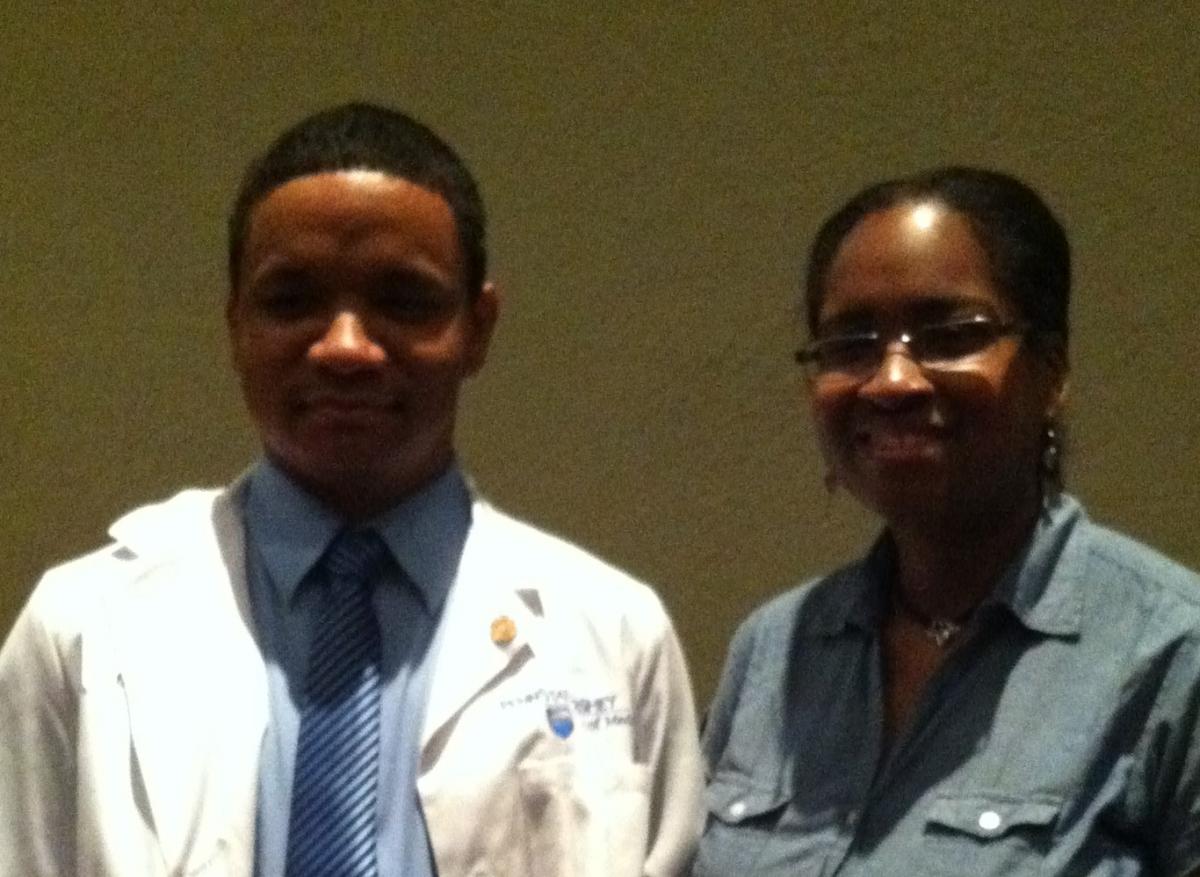 |
|
Karen Baskerville, Ph.D., Professor of Neuroscience |
Q: Has your research led to unexpected opportunities for global engagement, social responsibility, and leadership development for you or the students?
My research has led to global engagement as mentioned above that I took nine students to Jamaica to conduct neuroscience and environmental research at the Discovery Bay Marine Lab. The students in the Jamaica project also did a service-learning project at one of the high schools in Jamaica; this was a fruitful experience for the students. My students have presented at local and national/ international scientific meetings; students were able to answer challenging questions from scientists. Students have developed their leadership skills further by thinking like scientists and designing their own research projects. Students who have graduated have embarked upon graduate and professional studies and are now professionals themselves – set to become the leaders of the future.
Q: Outside of the specific academic discipline of the research project, give an example of the knowledge/skills needed for success that a student has acquired because of this research.
Students in my lab have acquired various knowledge and skills because of this research. Students can acquire knowledge and apply their knowledge of various disciplines. Students can more effectively search the literature—a skill necessary for success in any field. Students can formulate hypotheses and design experiments. Students are about to use their mathematical skills to determine concentrations for solutions, analyze data, and solve other problems that arise in the lab. Students can troubleshoot experiments when things just are not working as expected. Students can think critically and innovatively.
Professor Anna Hull, Ph.D.
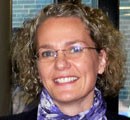 |
|
Anna Hull, Ph.D., Professor of Biology |
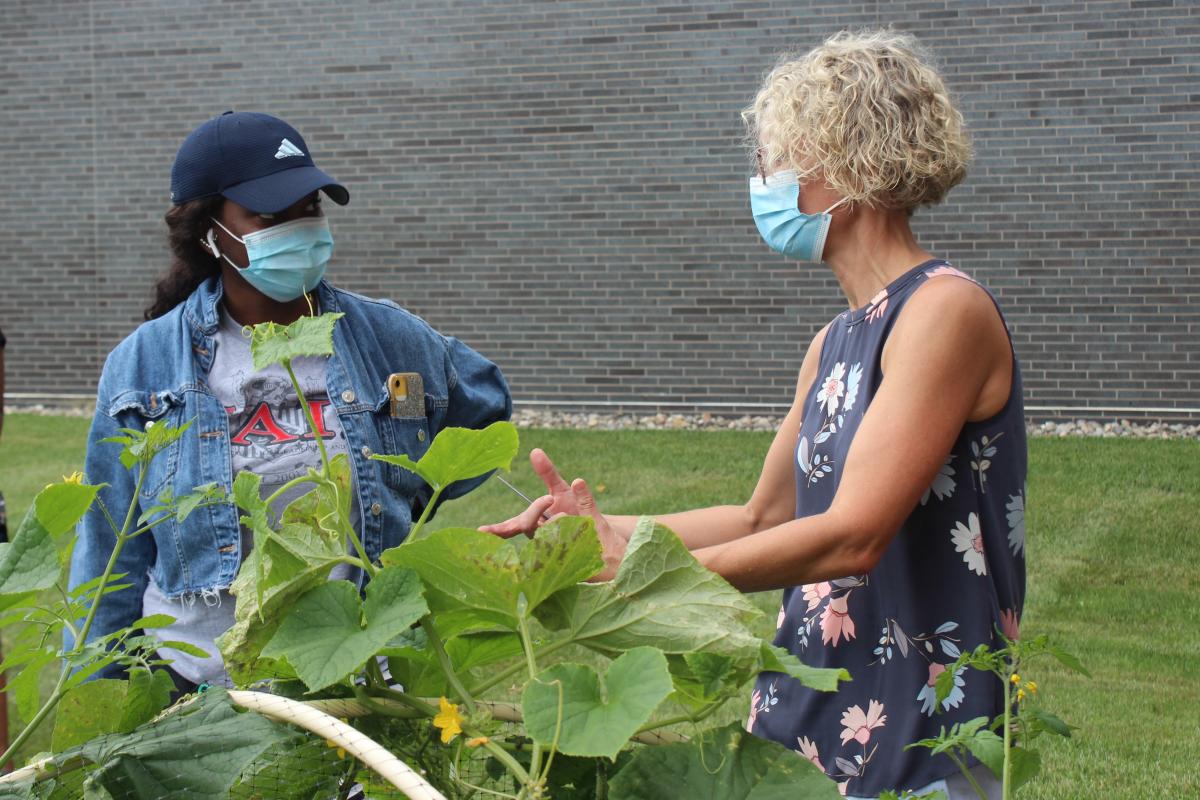 |
| Professor Anna Hull, Ph.D., Biology Department, working with biology student Shagasbie Georges to pick vegetables from the garden on September 3, 2020. |
Department of Biology
Q: Which of the above typologies in Ernest Boyer’s model of scholarship describe your research activities?
It honestly spans all the typologies as we are developing curriculum (teaching); developing and expanding new intersectional assessment models through research and discovery in the areas of farming/gardening, food justice, and food sovereignty (discovery); conducting interdisciplinary work by connecting the disciplines of human services, computer science and biology and critically examining the intersection among those disciplines as well as those among race, food, and sustainability engagement (integration); building farming/garden space and growing food for consumption at the University and addressing the social problems around access to healthy foods (food justice) that is culturally appropriate (food sovereignty) both at Lincoln and in the larger community (application).
Q: How has your involvement in research made your teaching more rigorous?
By actively engaging in research, I am keenly aware of emerging challenges that persistent problems such as climate change, racial, social, and economic justice exasperate. For example, the current wildfires in California have brought so much dust and soot to our area through the jet stream that the sky has appeared cloudy for the last week despite the lack of a true cloud cover. Darker skies have a huge impact on plants’ ability to photosynthesize and could drastically reduce harvest yields. While the darkened skies in the east this week might not hurt farmers directly this season, these types of problems might have an impact on food production in the long-term as wildfires increase due to climate change. Bringing this type of information into the classroom allows me to open up the conversation among my students to incorporate information from multiple sources, including students’ personal experiences, to discuss future challenges and to come up with creative solutions for those challenges.
Q: What experiences have been brought to fruition for your students because of the research?
Students have learned how to conduct scientific research by comparing the impact of different types of growing conditions on harvest outcomes. They have also learned to build and maintain food gardens. The project I am most excited about from this summer might be the production of an illustrated guide to edible plants on Lincoln’s campus, which was authored and illustrated by my research student Jaelyn Jackson.
Q: Have you witnessed any breakthrough or eureka moments with students related to this research project?
Yes, I have, on multiple levels. While gardening together this summer, a student asked me about the strange-looking spikes that appear after flowering on collard greens. These, of course, are the seed pods, and the principal reason why we were letting some of the plants keep growing after harvesting the leaves. The student, while knowing that we were waiting for seeds, had a profound “aha” moment when she saw how those seeds were produced by the plant. Moments like this make me appreciate the importance of communication and creating relationships between faculty and students that are open and welcoming so that we can engage in true learning together. Gardening brings many of these minor eureka moments as students explore where their food comes from. One student, upon returning to campus this fall, couldn’t believe his eyes when he saw how large the plants in the garden had grown over the summer. It was unfathomable to him that all that growth could have taken place in just a few months. Other breakthrough moments build over time and are shared among students and faculty. I have always been humbled by the welcome that Lincoln offers me and other White faculty members and I would love for PWIs to emulate that behavior in reverse to all people of color at their institutions. Having the incredible opportunity to work at Lincoln has opened my eyes to both privilege and oppression. As it relates to this particular project, it has allowed me to witness how systems of oppression create differences between how Black and White people engage with the natural world, which in turn leads to the documented disparities in the sustainability field. My student Jaelyn, after we had gardened and foraged together for a few weeks this summer on Lincoln’s campus, commented on the importance of society reconnecting with nature. She went on to express that this is especially important for Black people as she believes that the relationship that Black people have with nature has been warped as a result of slavery and continued oppression. Jaelyn further said, “The LU-FIELDS project is a step toward a future that will help Black people mend their broken relationship with nature and will build respect for nature itself and the people that have been tending to nature thus far.” I think this is a beautiful example of how engagement with nature and organic food production creates ripples that both change how we perceive ourselves in the world and calls us to work together toward a more sustainable and just future.
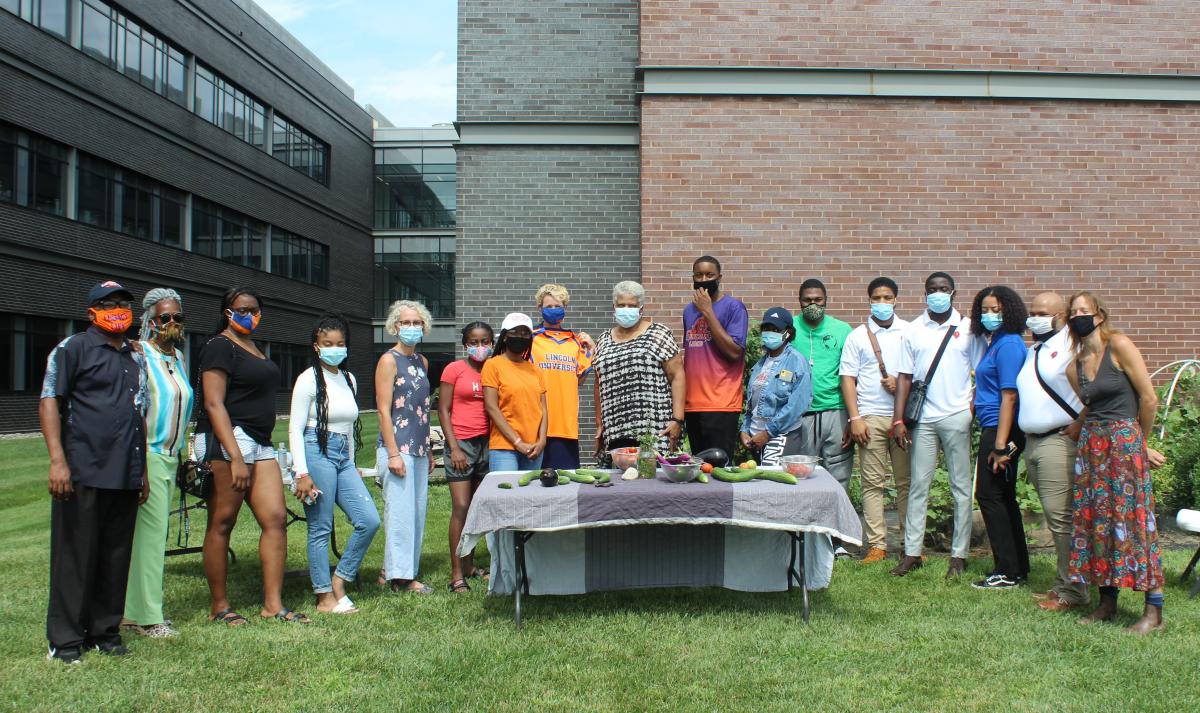 |
| Lincoln students, faculty, and staff with U.S. Rep. Chrissy Houlahan in front of the Ivory V. Nelson Science Center and the sustainable garden on September 3, 2020. |
Q: Has your research led to unexpected opportunities for global engagement, social responsibility, and leadership development for you or the students?
Absolutely! Through this project, students and faculty have been involved in social action to collect and connect, through social media, local Black farmers, and Black-owned restaurants and food outlets (#hbcufood). Students also report having become much more invested in the sustainable production of healthy foods with access for all people.
Q: Outside of the specific academic discipline of the research project, give an example of the knowledge/ skills needed for success that a student has acquired because of this research.
When asked, research students reported that they learned the importance of both attentiveness and flexibility to be able to respond to the unpredictability of nature to farming/gardening. I also feel that they are beginning to appreciate how interconnected seemingly divergent disciplines are and how knowledge or expertise in one field can add enormous value in collaboration with other fields.
Professor Kevin Favor, Ph.D.
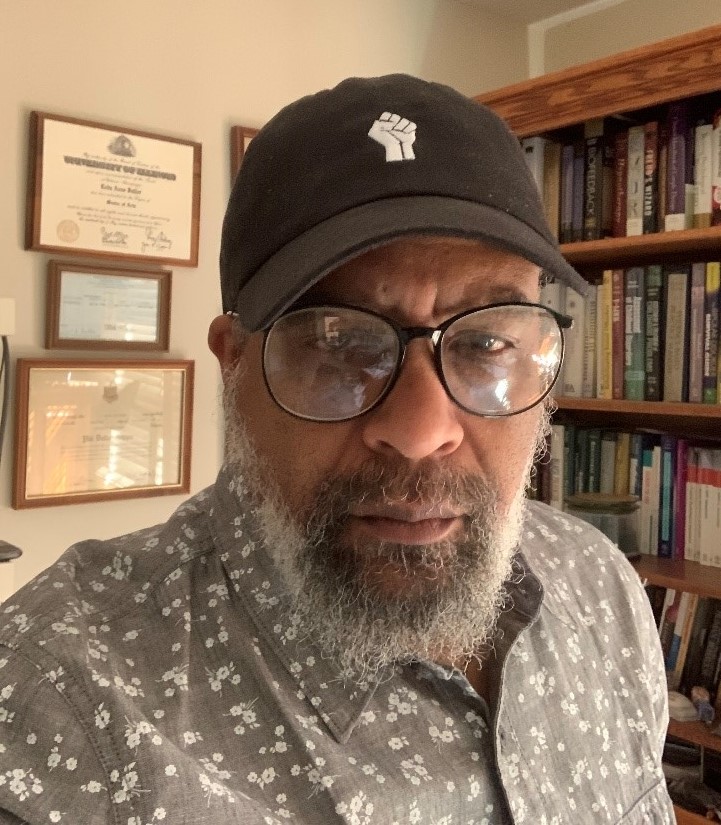 |
| Kevin Favor, Ph.D., Professor of Psychology |
Counseling Psychology, Department of Psychology & Human Services
Q: Which of the above typology in Ernest Boyer’s model of scholarship describes your research activities?
My recent research activities are reflective of two of Ernest Boyers’ four categories of model scholarship: Scholarship of Application and Scholarship of Integration. Connections across disciplines have been directed toward STEM K-16 education on two 4-year NSF funded projects that have ended this year. Both those projects and two PA Department of Health collaborative grants were directed toward either enhanced educational or healthcare service provision. The societal interest in broadening the participation of African Americans and other persons historically marginalized in STEM fields was the service that Lincoln University sought to enhance through participation in the National Science Foundation (NSF) funded projects. Meeting the needs of persons who have fallen victim to substance abuse through collaboration with Philadelphia research entities (specifically, the Treatment Research Institute, the Public Health Management Corporation, Drexel University, the University of Pennsylvania, and the Philadelphia College of Osteopathic Medicine) was, and currently is, the goal of the Pennsylvania Department of Health (PA DOH) collaborations.
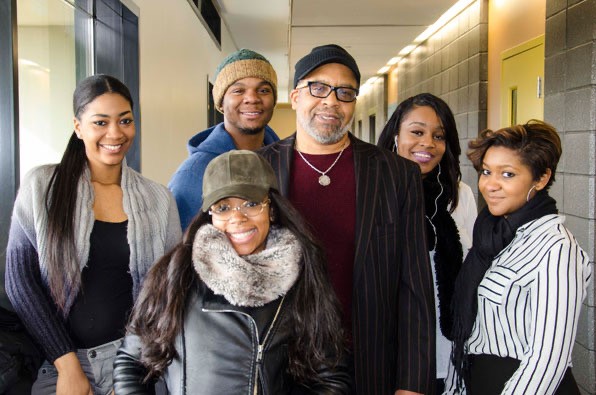 |
| Professor Kevin Favor with Lincoln University student research interns on the PA Department of Health Opioid Collaborative Project. |
Q: How has your involvement in research made your teaching more rigorous?
I firmly believe that teaching— particularly on the college level—is always enhanced through personal involvement in research. The courses I teach, such as research design and analysis and the psychology of addictions have been informed the most by the four recent projects for which I have been involved. The fact that our undergraduate students have been interns who have performed well solidifies by belief in the capability of Lincoln University students to be competitive with their counterparts at the most prestigious universities. Consequently, I endeavor not to shortchange them with respect to my expectations about their performance in the courses I teach. I also pointedly encourage all of my students to aim high concerning their post-graduation plans.
Q: What experiences have been brought to fruition for your students because of the research?
Several of my students have had the good fortune of presenting or attending national conferences where they were introduced to scholars, particularly African American scholars, who have been impressed with our Lincoln graduates —impressed to the point of actively undertaking efforts to open doors to graduate training and establishing a pipeline to professional fields in either psychology or education.
Q: Have you witnessed any breakthrough or eureka moments with students related to this research project?
Yes. The two research interns last year, Lawrion Anderson and Kaymoni Kent, whose work with researchers affiliated with PCOM resulted in two poster presentations that were well delivered virtually due to the COVID-19 pandemic. I hope that the experience resulted in a eureka moment with either establishing or confirming in their minds that they have the requisite skillsets and the genuine curiosity such an opportunity is designed to both substantiate and cultivate.
Q: Has your research led to unexpected opportunities for global engagement, social responsibility, and leadership development for you or the students?
The work I have been doing in the field of program evaluation has allowed me to benefit from engaging with fellow evaluators within the U.S. and those abroad in Ireland, New Zealand, Portugal, and several African nations. I have had the privilege of assuming leadership roles within the American Evaluation Association and serve as a faculty associate for the Center for Culturally Responsive Research and Evaluation. Those students who have been able to accompany me to evaluation conferences, and who have either done poster presentations or been recognized for their contributions to presentations, have attended the leadership development workshops offered at the annual meetings.
Q: Outside of the specific academic discipline of the research project, give an example of the knowledge/ skills needed for success that a student has acquired because of this research.
One cannot emphasize enough the value derived from reading scholarly research, dissecting that research, understanding the rationale, and associating that review of research with an ongoing project. Recognition of the various phases a project must go through in ensuring the details for project implementation, process, and evaluation are all knowledge and skillsets our students need. Learning the fine points of data analysis, data entry, developing a presentation, writing a scholarly article, engaging collaboratively with scholars are all experiences that the interns have undertaken and done quite well.